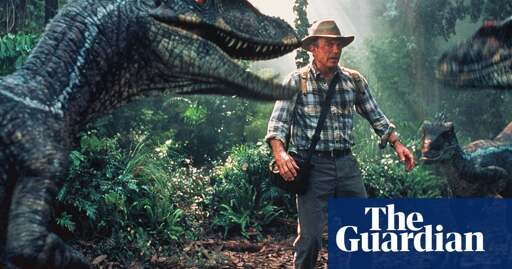Because MBAs and many executives had a shift a little while back and are now 110% focused on short term profits, at the cost of literally everything else. And margins are safer with reboots than with “risky” originals. Despite the potential of originals spawning franchises that can make more than the reboots combined. Because long term income, customer retention, product quality, etc. is literally not considered in the modern investor driven business world.
One factor that is often overlooked in these discourses is why?
I mean, Hollywood knows how to make good movies. They’ve been doing it for over a hundred years.
And I have a theory about this.
See, there’s an entire branch of food science that companies use to analyze their foods, to make sure that they are tantalizing and appealing, but never satisfying. The reason for this is because if a food is not satisfying, consumers will tend to eat more of it, or will continue to go back to it over and over again, because there’s some part of their Brain that’s telling them this was tasty food and I want more of it and never seems to get enough.
This results in increased sales of food for the companies that are making these foods. And it has made me aware of the fact that if you get tired of eating a food, that probably means that it’s a good food.
I said all of that to say, I now believe they are doing the same thing with movies. People watch movies because they want to be entertained, they want to be told stories and shown sights and have an experience that is above and beyond the mundane, right?
And I think they realized that if they told slightly unsatisfying stories, Then the consumer’s brain would not be satisfied and would therefore go out and watch another movie, and another movie, and a TV show, and another movie, trying to get the satisfaction of experiencing a movie for the first time and being satisfied by it.
As long as they keep the tantalization factor high and the satisfaction factor low enough that people don’t reject the entire system, then every single person that indulges in watching movies will consume more, meaning they would make more money by serving us movies and TV shows that do not satisfy the way that they should.
Anyway, that’s my theory.
I think people binge watching Netflix and streaming services are what gave them the data to dial it in. Beforeit was the same thing, but around the ticket sales (tantalizing and appealing trailers) and the movie being satisfying was hit or miss depending on how accurate it was to trailer.
I like this idea and it’s certainly within the realm of the possible
I gave up on movies a long time ago. Growing up in the 90s, yeah I’ve seen these films. I don’t need to see another CGI fest of we can rehash the Lion King and Jurrasic Park. I mostly read and play video games now. Exploring the universe in my spaceship is way more exciting than we made Top Gun AGAIN.
The top gun reboot was actually surprisingly alright. Not groundbreaking but fun enough to be worth a watch. I am mostly with you and had not planned to watch it originally
If you curate you can still get great movies. A lot of the A24 movies are excellent for example.
deleted by creator
The easiest way to make it stop is to not watch them which is a win-win-win: save money, save time, kill the reboot/remake industry
Bemoaning movie remakes: why is entertainment media stuck on repeat?
Probably because it’s a valid question
The answer is that is what people will reliabily pay to see in a theater.
I wonder if there is actually any evidence that it’s more profitable to make only “safe” movies over taking some risks. My guess would be that some of the most wildly popular movies of all time were considered a risk up front.
Every movie is a risk, it’s about how much risk. When you have a built in audience the risk is significantly lower. As evidenced by people continuing to go see the Jurassic Park sequels.










